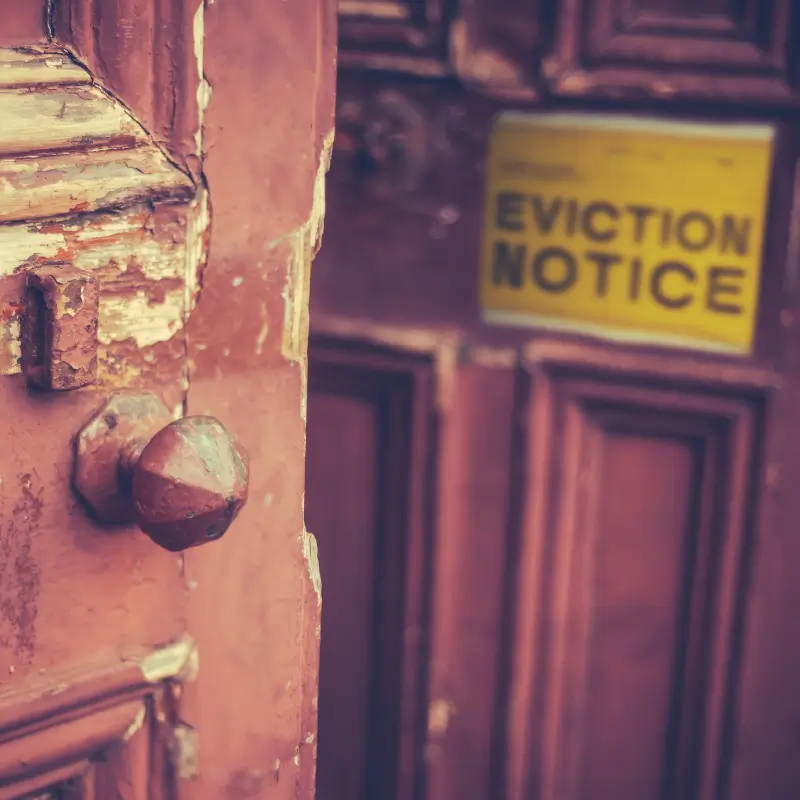
It took a few years to work through the court system, but we are finally now seeing the results of cases filed during the COVID-19 Pandemic for losses and impacts associated with governmental shutdowns.
In the wake of the largest commercial business shutdown in United States history, a number of businesses impacted by the governmental closure orders were forced to take action in response. Of course, there was no precedent for the scale of business closures during COVID-19. Our last international pandemic was in 1918 and took place in a much different business environment.
So, how are California courts finally ruling on COVID-19 cases? Here are some recent decisions in this area.
Unpaid Rent During COVID
In West Pueblo Partners, LLC v. Stone Brewing Co., the First District Court of Appeal in San Francisco upheld a trial court’s summary judgment in favor of a landlord over back rent. The tenant, Stone Brewing Company, ceased paying rent during the COVID-19 lockdowns in 2020. The landlord, West Pueblo Partners, brought an unlawful detainer action seeking to evict Stone Brewing and recover unpaid rent.
Stone Brewing raised the force majeure clause of its rental agreement as a defense to the back rent. Stone Brewing contended that because of the shutdown orders, it was impossible for them to run their business and thus make a profit to pay rent. Stone Brewing argued an impossibility defense to West Pueblo Partner’s back rent claim.
The trial court ruled in favor of West Pueblo Partners and ordered Stone Brewing to pay back rent. The Court of Appeal affirmed that judgment. In its ruling, the Appeals Court ruled that it was not impossible for Stone Brewing to pay rent. Specifically, the Court ruled:
“The trial court correctly interpreted the force majeure provision here not to apply where the tenant had the ability to meet its contractual obligations but chose not to perform due to financial constraints.”
Important in the Court’s analysis was the fact that Stone Brewing had admitted in deposition that while the shutdown order had impacted its business, it still had the ability to pay rent, but chose not to do so. COVID-19 did not make it impossible not to pay rent, it made it more difficult.
Essentially, based on the terms of the force majeure provision of the lease and the undisputed facts in this case, COVID-19 and the related closure orders did not delay, interrupt, or prevent Stone Brewing’s timely performance under the lease. Therefore, the COVID-19 Pandemic was not a force majeure event under the terms of the lease that would excuse Stone Brewing from performing its contractual obligations (to timely pay rent).
This case is important because it further solidifies the notion that if a party wants to succeed in utilizing a force majeure defense, they must conclusively establish that the underlying obligation in the contract was in fact impossible to perform. The mere difficulty is not enough.
The case is West Pueblo Partners, LLC v. Stone Brewing, Co., Case No. A164022
Insurance Loss of Use Claims Due to COVID-19
In the insurance context, the Second District Court of Appeal has ruled that businesses seeking payments by insurers for losses occasioned by government-ordered shutdowns stemming from COVID-19 must show specific property loss or damage to trigger insurance coverage. Generalized allegations of losses are insufficient.
At issue with a claim by the Santa Ynez Band of Chumash Indians against its insurance company, Lexington Insurance Company, who declined to cover losses to the Chumash casino and resort properties during the shutdown. The issue for the Court turned on the specific property damage allegedly sustained to the two Tribe’s properties. Specifically, the Court held:
“We do not take issue with recent California decisions holding that business plaintiffs may be able to show that the COVID-19 virus caused damage to their property so as to fall within the property damage provisions of a business insurance policy. The issue here, however, is whether Chumash presented sufficient evidence to show that the virus actually caused physical damage to its property.”
In the absence of specified property damage, the Tribe could not prevail in establishing a covered occurrence under the Lexington policy. The Court went on to note that the Tribe did allege that it had to shut down its facility (which it acknowledged was in direct response to government shutdown orders) but “presented no evidence to show that the shutdown was for the purpose of repairing or replacing damaged items such as rugs, gaming tables, or gambling machines.” As such, the Tribe’s insurance claims against Lexington failed.
This opinion follows a series of other recent cases in which the California courts are more closely scrutinizing the underlying damages sought by claimants under their respective policies. It further confirms that parties seeking to trigger coverage must show specific and individualized losses to recover.
The case is Santa Ynez Band of Chumash Indians v. Lexington Insurance Company, No. B320834.